|
Marcel Duchamp Nude Descending a Staircase No. 2 1912. |
Langston
Hughes (1902-1967)
Left: From Michael Wood, et al. Art of the Western World New Yok: Summit, 1989: 274 |
|
|
|
Marcel Duchamp Nude Descending a Staircase No. 2 1912. |
Langston
Hughes (1902-1967)
Left: From Michael Wood, et al. Art of the Western World New Yok: Summit, 1989: 274 |
|
William Wordsworth "The World is
Too Much with Us" (1807)
|
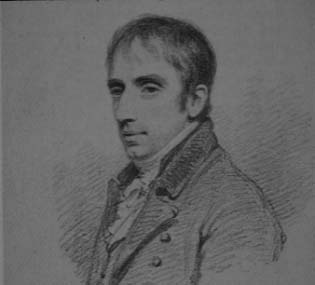
WW 1a. Wordsworth in 1806, aged 36, by Sir George Beaumont. the portrait from A Literature and the Arts course |
|
¡@ Questions for 1. Understanding & Analysis; 2. Application & Wild Association Questions for 1. Understanding & Analysis
|
|
Matthew Arnold ¡§Dover
Beach¡¨
|
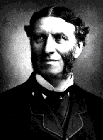
from Matthew Arnold site, with picture, bio. poems, and an essay on Arnold |
|
Questions for 1. Understanding & Analysis; 2. Application & Wild Association Questions for 1. Understanding & Analysis
What does this poem suggest about love and the modern world? Relevant links: ¡@
the experience is metaphorically useful, but not an end unto itself, nor does it bring any comfort. Rather, Arnold uses the futility that he sees in the ocean's tides to illustrate the fruitlessness of human endeavor." |
|
Anthony Hecht ¡§Dover
Bitch¡¨
|
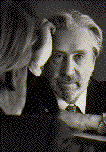
from A.R. Ammons and Anthony Hecht |
|
by Questions for 1. Understanding & Analysis; 2. Application & Wild Association
What views of love and the modern world are presented in this poem? |
|
W. B. Yeats ¡§The
Second Coming¡¨(1919)
|
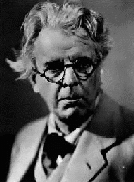
from Yeats The Second Coming, with photo, the poem and Revelation, Chap 13 |
|
Text, Annotations and Illustrations of the Gyre; Questions for 1. Understanding & Analysis; 2. Application & Wild Association Questions for 1. Understanding & Analysis
|
|
Ezra Pound (1885-1972) "In
a Station of the Metro" (1911-1912)
|
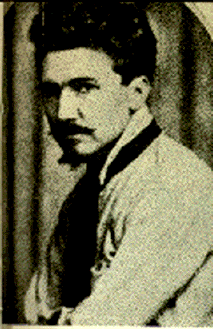
from HD and Ezra Pound, Poetic Conversations |
|
¡§In a Station of the Metro¡¨ the text with a picture and some background information by Questions for 1. Understanding & Analysis; 2. Application & Wild Association Questions for
1. Understanding & Analysis
Look at the web sites below about the literary movement called imagism. What are the characteristics of an imagist poem? In what ways is this poem an example of imagism?
|
|
Langston Hughes ¡§Harlem¡¨
|
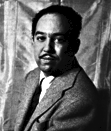
|
|
¡@ Questions for 1. Understanding & Analysis; 2. Application & Wild Association Questions for 1. Understanding & Analysis
|